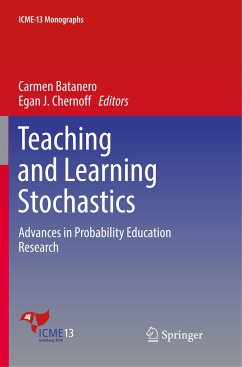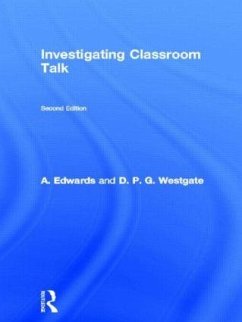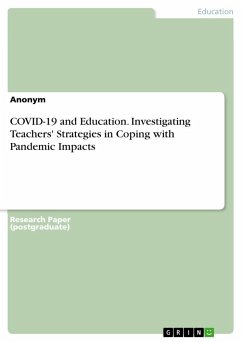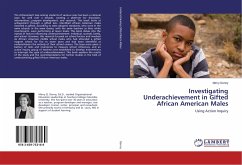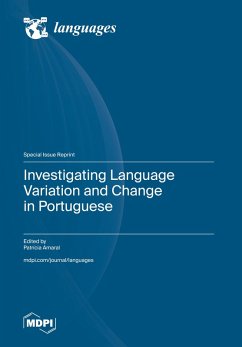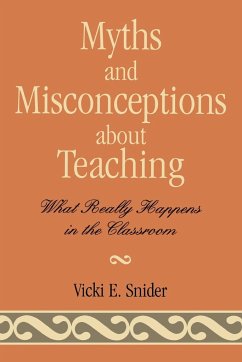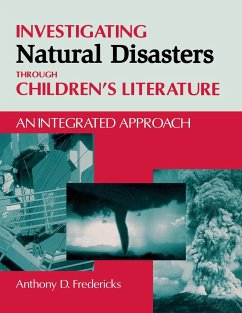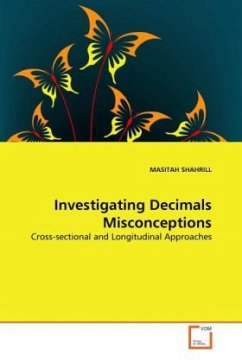
Investigating Decimals Misconceptions
Cross-sectional and Longitudinal Approaches
Versandkostenfrei!
Versandfertig in 6-10 Tagen
39,99 €
inkl. MwSt.

PAYBACK Punkte
20 °P sammeln!
This study investigated Australian students' thinking about decimals. A Decimal Comparison Test was used to diagnose thousands of Victorian primary and secondary students' misconceptions of decimal notation. The cross-sectional approach adopted in this study focuses on the tests while the longitudinal approach focuses on the students. Results revealed large variations especially in the prevalence of expertise by class, in particular Grade 6. There were Grade 6 students who answered the test inconsistently and have a tendency towards choosing the decimal with the most digits as the largest numb...
This study investigated Australian students' thinking about decimals. A Decimal Comparison Test was used to diagnose thousands of Victorian primary and secondary students' misconceptions of decimal notation. The cross-sectional approach adopted in this study focuses on the tests while the longitudinal approach focuses on the students. Results revealed large variations especially in the prevalence of expertise by class, in particular Grade 6. There were Grade 6 students who answered the test inconsistently and have a tendency towards choosing the decimal with the most digits as the largest number. Whereas Grade 10 students have a tendency towards choosing the decimal with the fewest digits as the largest number. Analysis from the longitudinal study identified 122 regression students. These students had almost no errors in their first test but, made more errors in the second test. Further analysis indicated some regression students were consistent in using various incomplete algorithms to correctly choose many decimal comparisons. However, when the algorithm used failed to give a definite answer, they might guess or revert to a latent misconception.




